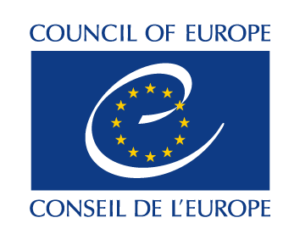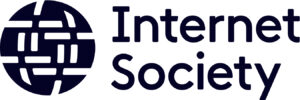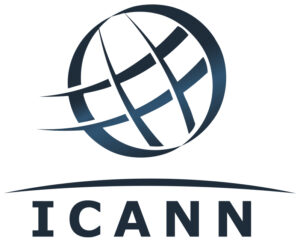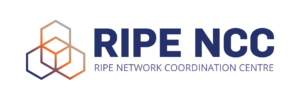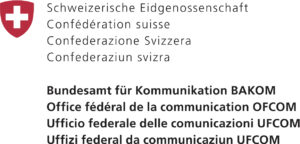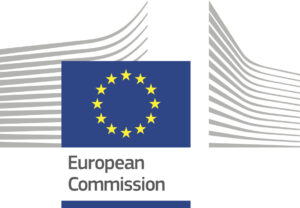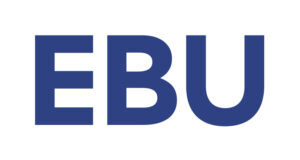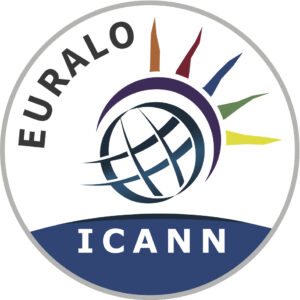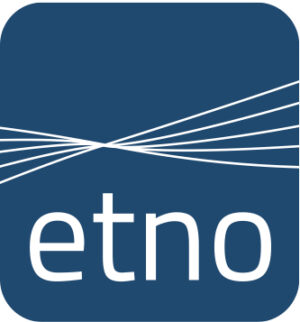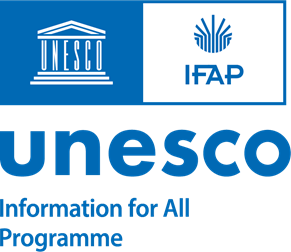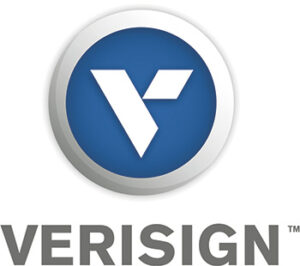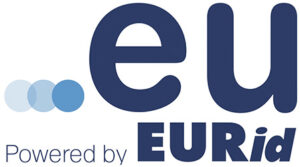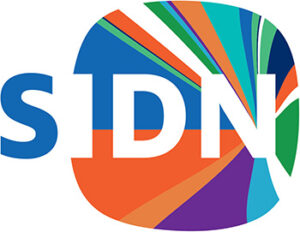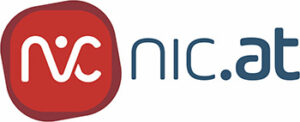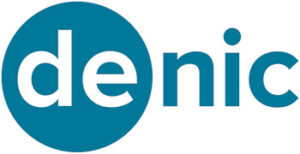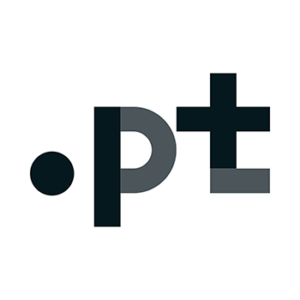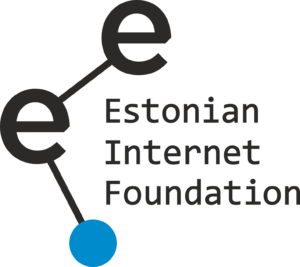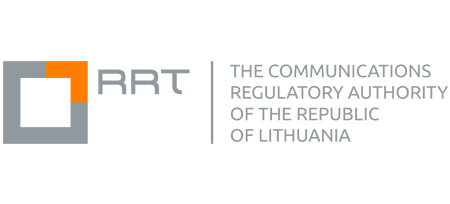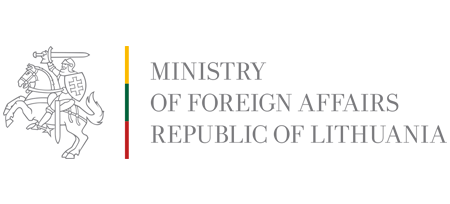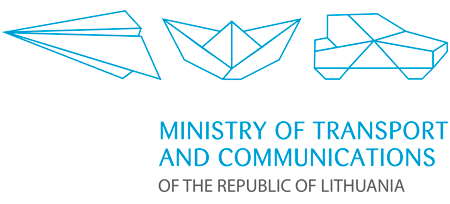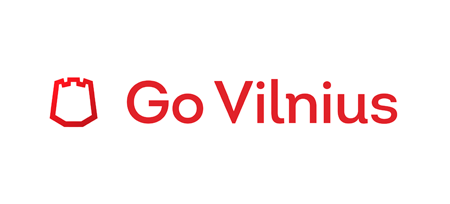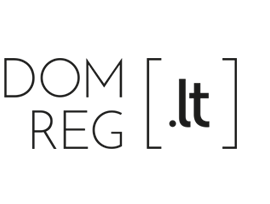In the Tunis Agenda (2005) of the UN World Summit on the Information Society (WSIS) heads of states decided to invite the UN Secretary General to convene a “Internet Governance Forum” (IGF) for a multistakeholder policy dialogue on Internet issues.
Discuss public policy issues related to key elements of Internet governance in order to foster the sustainability, robustness, security, stability and development of the Internet.
Facilitate discourse between bodies dealing with different cross-cutting international public policies regarding the Internet and discuss issues that do not fall within the scope of any existing body.
Interface with appropriate inter-governmental organizations and other institutions on matters under their purview.
Facilitate the exchange of information and best practices, and in this regard make full use of the expertise of the scientific and technical communities.
Advise all stakeholders in proposing ways and means to accelerate the availability and affordability of the Internet in the developing world.
Strengthen and enhance the engagement of stakeholders in existing and/or future Internet governance mechanisms, particularly those from developing countries.
Identify emerging issues, bring them to the attention of the relevant bodies and the general public, and, where appropriate, make recommendations.
Contribute to capacity building for Internet governance in developing countries, drawing fully on local sources of knowledge and expertise.
Promote and assess, on an ongoing basis, the embodiment of WSIS principles in Internet governance processes.
Discuss, inter alia, issues relating to critical Internet resources.
Help to find solutions to the issues arising from the use and misuse of the Internet and of particular concern to everyday users.
The IGF conferences proved the usefulness of an innovative discussion platform allowing all stakeholders to contribute to a global bottom up policy development process on Internet issues. The five main subjects of the IGF agenda, as agreed by the IGF Multistakeholder Advisory Group (MAG), are access, openness, diversity, security and critical Internet resources.
These global issues are also important at the national and regional level. European stakeholders and institutions as well as the Council of Europe, supported the idea to launch an “European Dialogue on Internet Governance” (EuroDIG) where governments, parliaments, organizations, private sector and civil society groups, the technical as well as the academic community could contribute to Internet Governance policy and bring European experiences to the global IGF-debate.

